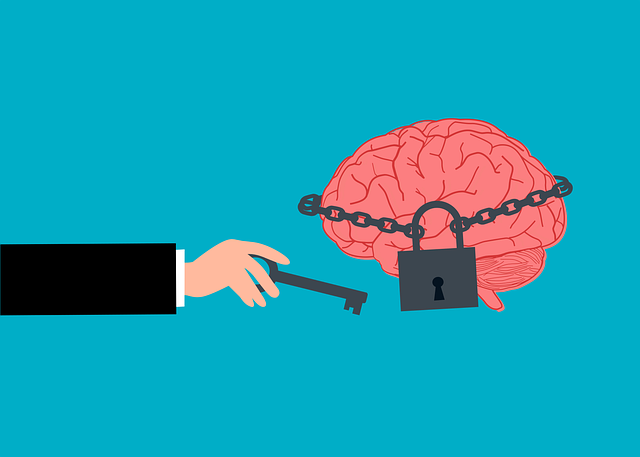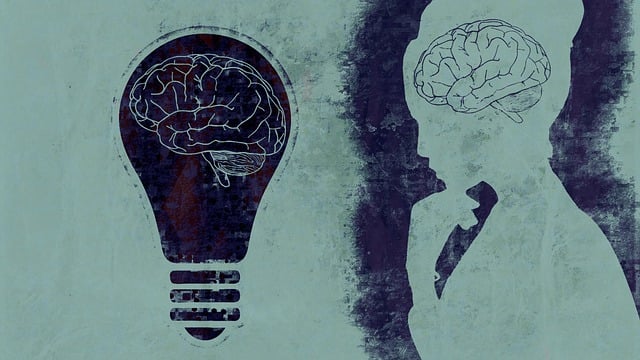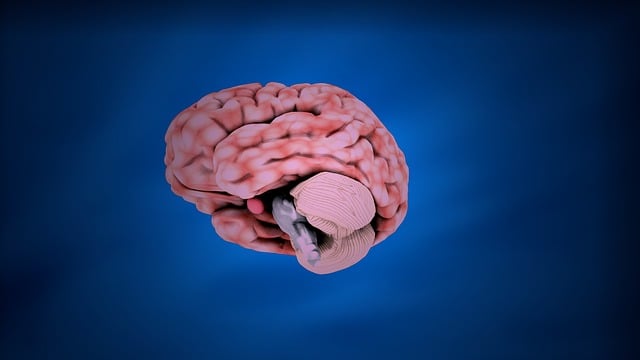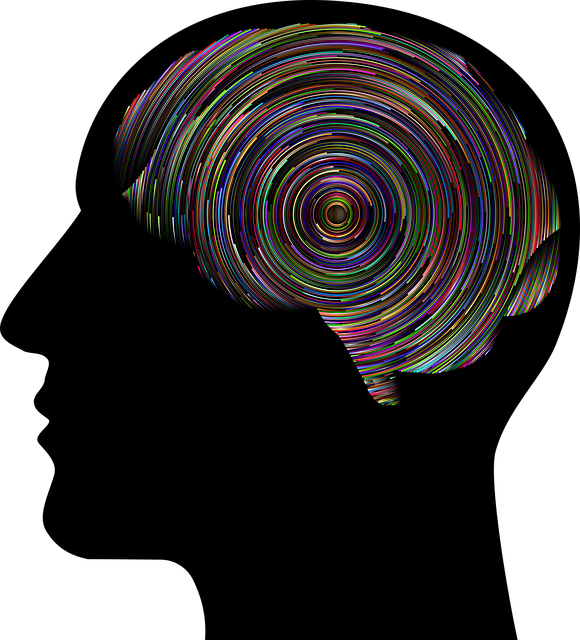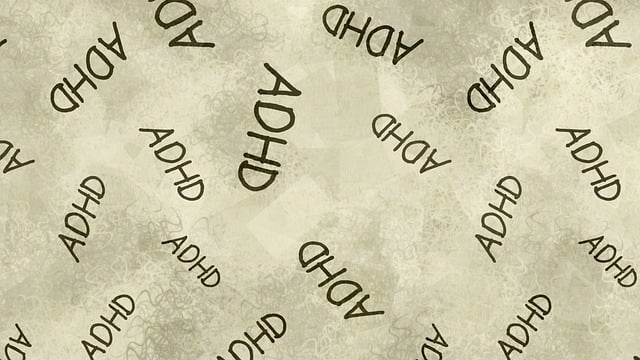Lafayette Geriatrics Therapy offers a comprehensive, proactive risk assessment process that forms the core of their care philosophy. They evaluate environmental, clinical, and behavioral factors to anticipate and address potential harm, tailoring care plans to individual needs. Their harm minimization strategies go beyond reactionary measures, incorporating interventions to enhance safety while promoting mental health and overall wellness. This holistic approach includes mindfulness techniques, emotional well-being support, and innovative tools like educational podcasts. Regular communication training, crisis intervention guidance, and continuous improvement through feedback ensure a safe, nurturing environment for residents and staff.
At Lafayette Geriatrics Therapy, we prioritize patient safety through comprehensive risk assessment and harm minimization planning. This article explores the critical role of risk assessment as a cornerstone of safe care, delving into identifying potential hazards in geriatric settings and implementing effective strategies for harm reduction. We discuss training programs and continuous improvement methodologies that ensure our staff is equipped to mitigate risks and protect residents’ well-being, reflecting Lafayette Geriatrics Therapy’s commitment to best practices in eldercare.
- Understanding Risk Assessment: A Cornerstone of Safe Care at Lafayette Geriatrics Therapy
- Identifying Potential Hazards in Geriatric Settings: A Comprehensive Approach
- Harm Minimization Strategies: Protecting Residents' Well-being
- Implementing Effective Communication and Training for Staff at Lafayette Geriatrics Therapy
- Continuous Improvement: Monitoring and Adapting Risk Mitigation Plans
Understanding Risk Assessment: A Cornerstone of Safe Care at Lafayette Geriatrics Therapy

At Lafayette Geriatrics Therapy, understanding risk assessment is more than just a process—it’s a cornerstone of providing safe and compassionate care. By meticulously evaluating potential risks, our team ensures that each resident receives individualized attention tailored to their unique needs and vulnerabilities. This proactive approach involves comprehensive analyses of environmental hazards, clinical assessments, and behavioral observations, enabling us to anticipate and mitigate potential harm before it occurs.
Leveraging the insights gained from thorough risk assessment, Lafayette Geriatrics Therapy implements robust harm minimization strategies. These aren’t just reactionary measures; they’re thoughtfully designed interventions aimed at enhancing resident safety while promoting mental health and overall wellness. In line with principles of Mental Health Policy Analysis and Advocacy, we foster an environment that not only prevents burnout among our staff but also encourages open discussions about mental wellness through the Mental Wellness Podcast Series Production. By prioritizing these aspects, we ensure a holistic care approach that addresses both physical and psychological needs, ultimately enriching the lives of every resident.
Identifying Potential Hazards in Geriatric Settings: A Comprehensive Approach

Identifying potential hazards in geriatric settings requires a comprehensive approach that considers the unique needs and vulnerabilities of elderly individuals. Lafayette Geriatrics Therapy emphasizes a holistic view, focusing on physical, cognitive, and emotional well-being promotion techniques. By assessing the environment, reviewing patient history, and observing daily routines, care teams can uncover hidden risks such as falls, medication errors, or social isolation.
Implementing evidence-based compassion cultivation practices plays a pivotal role in harm minimization. These practices not only foster positive interpersonal interactions but also enhance resilience and mental wellness. Moreover, the production of engaging mental wellness podcast series can serve as an educational tool, equipping both patients and caregivers with strategies to navigate challenges proactively.
Harm Minimization Strategies: Protecting Residents' Well-being

In the realm of geriatric care, harm minimization goes beyond basic risk assessment; it’s about safeguarding residents’ overall well-being. Lafayette Geriatrics Therapy employs a multi-faceted approach that integrates Mindfulness Meditation and Emotional Well-being Promotion Techniques. By fostering a calm, supportive environment and teaching residents—and staff—techniques to manage stress, we alleviate the risk of burnout, a significant concern within the healthcare industry, particularly when addressing the unique challenges of elderly care.
This proactive strategy extends beyond individual therapy sessions; it permeates daily routines and interactions. Staff are trained in Burnout Prevention Strategies for Healthcare Providers, ensuring they can recognize and address their own well-being while caring for others. This holistic approach not only minimizes potential harms but also revolutionizes the geriatric care experience, transforming it from a reactive to a proactive, compassionate, and comprehensive model focused on the whole person—mind, body, and spirit.
Implementing Effective Communication and Training for Staff at Lafayette Geriatrics Therapy

Implementing effective communication and training for staff at Lafayette Geriatrics Therapy is a cornerstone of risk assessment and harm minimization planning. By equipping caregivers with comprehensive crisis intervention guidance, they become better equipped to handle sensitive situations, providing immediate and calm support to residents. This approach not only reduces stress but also fosters an environment where anxiety relief becomes more accessible, enhancing the overall well-being of both staff and patients.
Regular training sessions should incorporate various scenarios, including mock drills for unexpected crises, to ensure every member of the team is prepared. Such initiatives enable caregivers to respond promptly during emergencies, minimizing potential harm and promoting a safe, nurturing atmosphere at Lafayette Geriatrics Therapy. This holistic strategy aligns with the facility’s commitment to not only high-quality care but also to the mental and emotional well-being of its staff and residents.
Continuous Improvement: Monitoring and Adapting Risk Mitigation Plans

At Lafayette Geriatrics Therapy, we understand that risk assessment and harm minimization planning are dynamic processes that require continuous improvement. Monitoring involves regular reviews of existing risk mitigation strategies to ensure their effectiveness and relevance. This includes gathering feedback from patients, caregivers, and healthcare professionals to identify areas for enhancement. By adapting our plans based on these insights, we can better align our services with the evolving needs of our community.
Emotional Intelligence plays a crucial role in this process, as it enables us to recognize and respond to the mental health awareness and well-being of our clients. Regular Mental Wellness Journaling Exercises can provide guidance for both patients and therapists, fostering open communication and promoting self-reflection. Through these continuous improvements, Lafayette Geriatrics Therapy strives to deliver optimal care, ensuring that our risk assessment and harm minimization strategies remain up-to-date and tailored to the unique needs of each individual.
Lafayette Geriatrics Therapy has demonstrated a comprehensive commitment to risk assessment and harm minimization, prioritizing resident safety through proactive measures. By understanding key risks, identifying potential hazards, implementing strategic minimization plans, fostering robust communication and training, and continually improving mitigation strategies, the facility ensures an optimal environment for geriatric care. This holistic approach not only protects residents’ well-being but also serves as a model for other healthcare providers, underscoring Lafayette Geriatrics Therapy’s dedication to safe, high-quality care.

